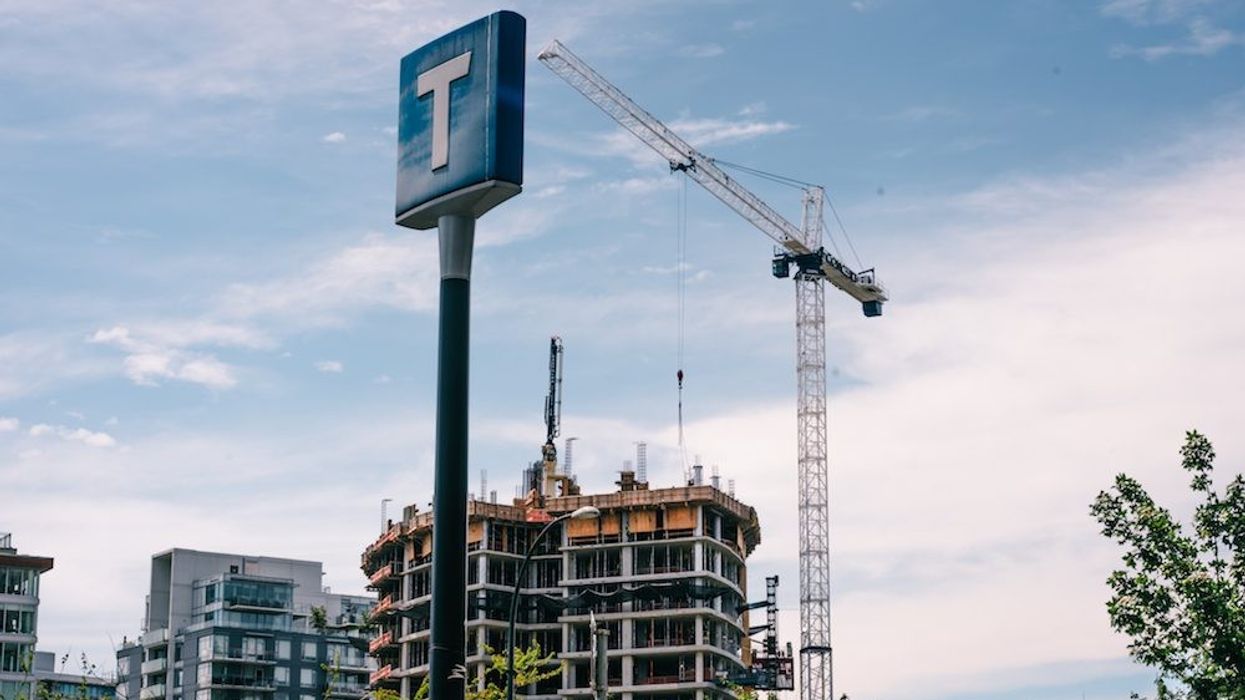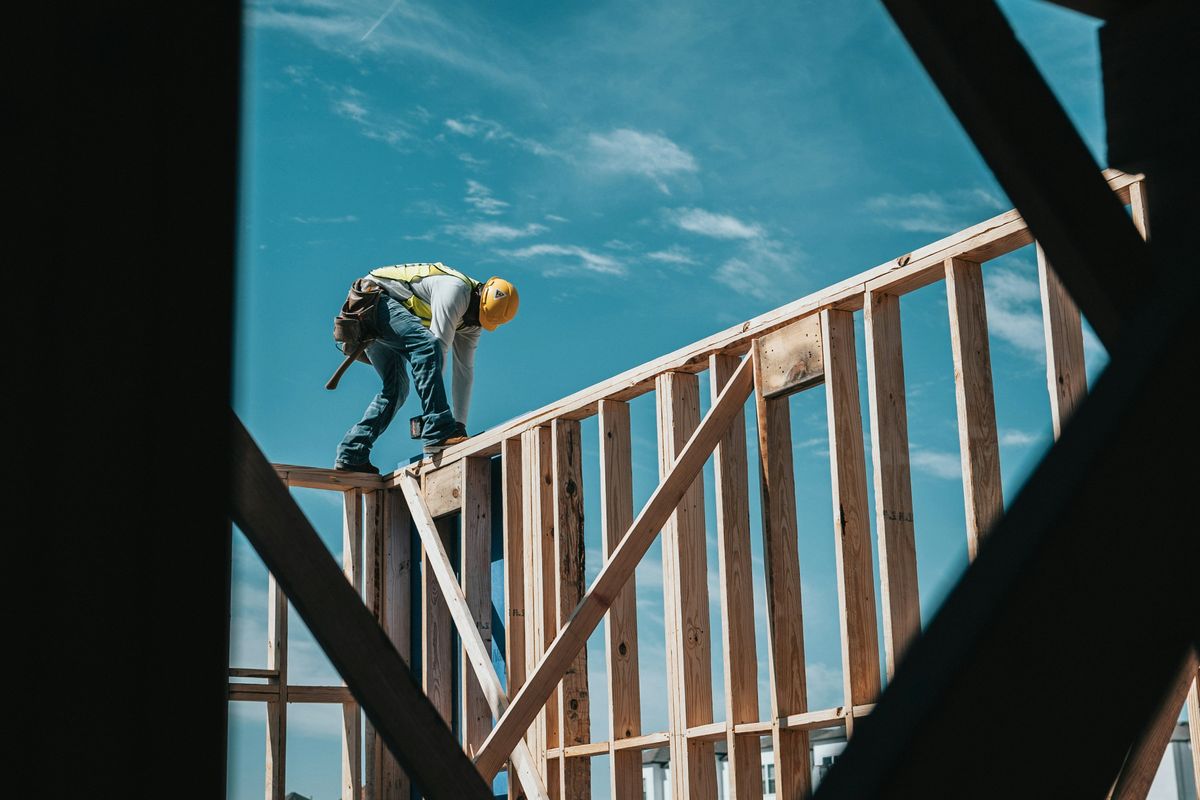Vancouver's public transit authority, TransLink, is launching a for-profit real estate development program as a new means to generate revenue.
The program, announced on Thursday, will develop new residential, commercial, and mixed-use projects, largely near public transit. The announcement comes as public transit providers all across the country continue to experience a reduction in ridership that was first onset at the beginning of the pandemic.
“While we continue to bring riders back to the system after a very difficult two years, this initiative is a creative way to generate funding for essential Metro Vancouver transit services,” said TransLink CEO Kevin Quinn. “We will still need to identify more long-term funding solutions, but this program will improve people’s access to transit, create more transit-oriented communities and generate new long-term revenue to help us improve and expand our system.”
But the idea of real estate development isn't entirely new for Translink, having been discussed as a possibility even before the pandemic.
"The need for this program has certainly been accelerated by our efforts to find long-term solutions to fund transit in Metro Vancouver," a TransLink spokesperson told STOREYS. "We need solutions to create more sustainable revenue sources now more than ever. However, the concept has been discussed from time to time, starting prior to the pandemic, as we learn from the experience of other transportation agencies.
"The TransLink Board initially created a committee to consider a possible development program in June 2020. The recently finalized 2022 Investment Plan includes the advancement of this program and we’re excited for this important work to move forward, in order to develop a new long-term revenue source and to increase access to public transit."
The development arm will also help to address the Province's goal of boosting housing supply and creating more transit-oriented communities, a release from TransLink states.
TransLink plans to emulate cities around the world where transit authorities have seen success with real estate development programs such as Hong Kong, London and Paris. In Hong Kong, the MTR rail transit system operates on a "rail plus property" model, according to a McKinsey & Company report, where when laying down new rail lines, the MTR is granted development rights near stations and along the route. With real estate located near transit being highly desirable, the model have proven quite profitable. The MTR also operates a successful property rental and management businesses that has brought in billions of dollars in revenue.
Although specific developments are still yet to be determined, TransLink told STOREYS that the "identification of potential sites is underway." The agency notes that any potential development projects would undergo comprehensive assessment and analysis on how it will "enhance transit access, build long-term ridership, and support the Regional Growth Strategy," and that projects will be accomplished through partnerships with both the private and public sectors.





















